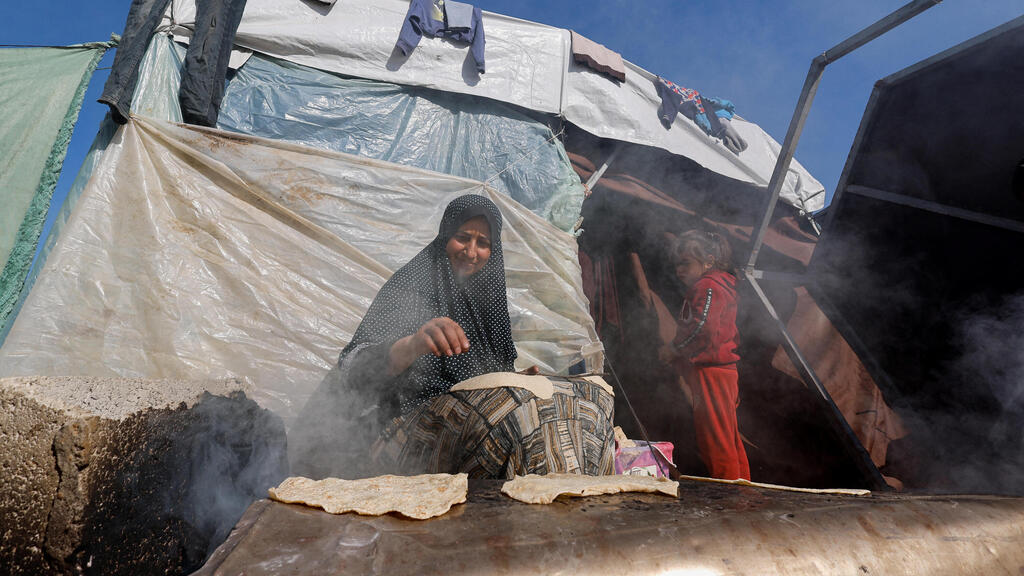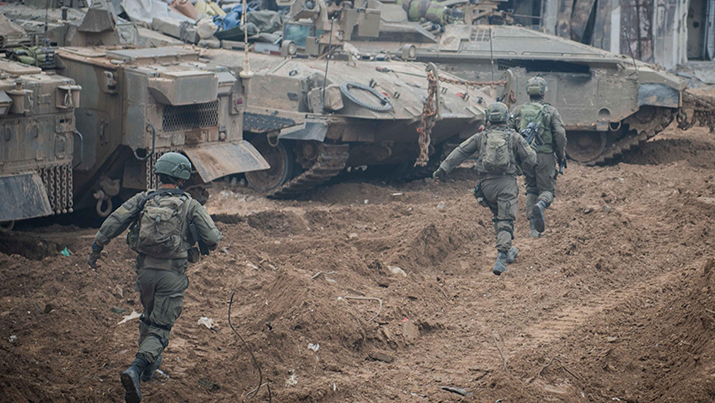Getting your Trinity Audio player ready...
Israel is considering a long truce in Gaza that could last two weeks to revive a hostage deal and allow Hamas to move hostages held by the terror group to safety, according to a report in the Washington Post. In the report by David Ignatius, Israel would also agree to gradually pull its troops back from areas in the northern Gaza Strip and would transition its military campaign to a "less-kinetic stage."
Read more:
According to Ignatius, Israeli leaders, despite saying publicly that the war would last months, understand they would have to move into the next phase in the fighting not least of all so that Israelis serving in the reserves would be able to return to their homes and amid the international criticism of both Israel and the U.S.
In the report, officials in Washington and in Israel agree that there is an urgent need to mitigate the humanitarian crisis in Gaza where civilian deaths nearing 20,000 and in the face of possible spread of disease.
After Israel hoped that the camp at Al-Mawasi, near the Egyptian border would be able to accommodate the hundreds of thousands of Gazans who were displaced from the north, It is now understood that southern Gaza has become "the hottest battle zone in the war." The plan that is considered now is for the creation of what an official called “humanitarian islands” in northern Gaza.
As for the day after the war, the Washington Post report said both the U.S. and Israel agree that Hamas must not be allowed to impose its political will and other Palestinians, "probably drawn from the Palestinian Authority," would take responsibility over the governance of the Strip alongside a peacekeeping force supported by key moderate Arab States.
The security force may initially be made up of mostly Palestinians who were not affiliated with Hamas, who would be willing to cooperate with IDF forces who would still be conducting raids on Gaza. Ideally, this force would be bolstered by foreign troops, operating under a U.N. mandate.
"U.S. and Israeli officials are both hoping that Gulf countries, especially Saudi Arabia and the United Arab Emirates, can play a key role — providing money, leadership and legitimacy for the Gaza reconstruction effort," Ignatius said in the conclusion of his report.





